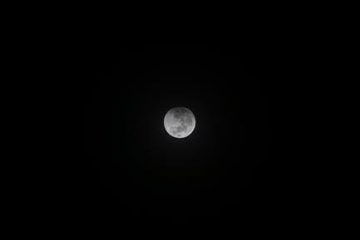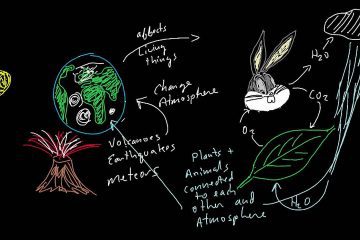Gaia hypothesis
gaia hypothesis weaknesses
The Gaia Hypothesis presents a captivating notion that Earth functions as a self-regulating system. However, it faces critiques regarding its scientific rigor, testability, and the complexities of ecological interactions that challenge its holistic perspective.









